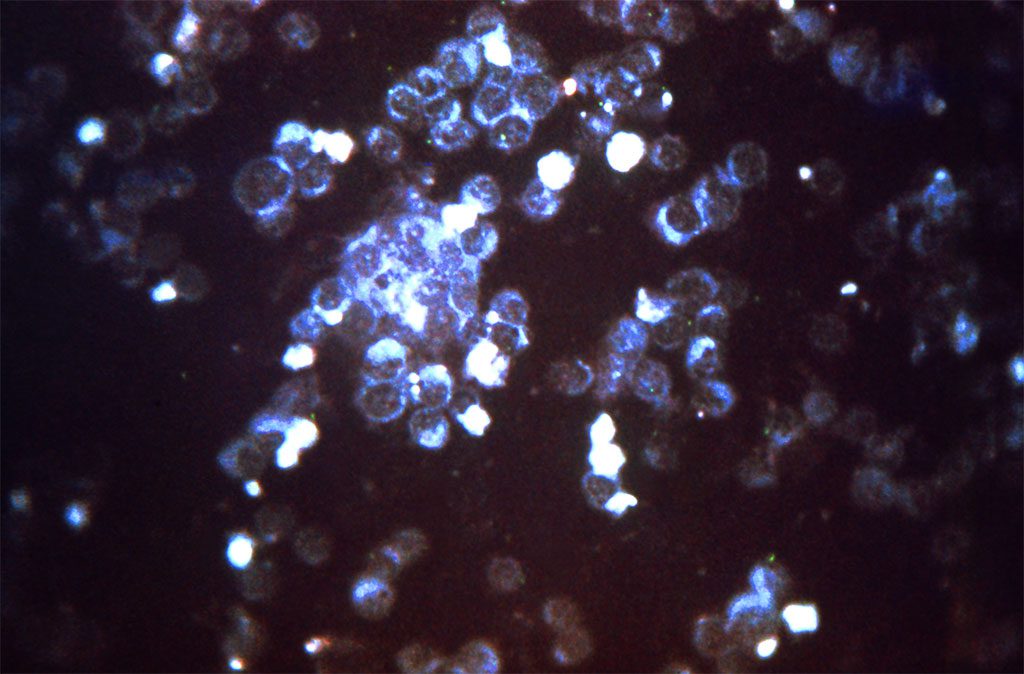BugSeq Bioinformatics, a biotech company developing next-generation microbiology assays, has entered a public-private partnership with the U.S. Biomedical Advanced Research and Development Authority’s (BARDA) Division of Research, Innovation, and Ventures (DRIVe) to develop a new diagnostic that covers all existing and new respiratory RNA viruses in a single test.
BARDA is part of the office of the Assistant Secretary for Preparedness and Response (ASPR) at the U.S. Department of Health and Human Services.
Most of today’s clinical diagnostic tools are designed to detect the presence of a specific and known pathogen. These targeted assays – like the PCR and antigen tests that have become widely used during the COVID-19 pandemic – meet a critical need for diagnostics. Yet targeted diagnostic tests are reactive by design and typically are not available until after an outbreak has begun. Additionally, significant time and effort are needed to develop, verify, and validate such tests and obtain regulatory approval. When faced with a public health emergency of pandemic potential, time is crucial, and having an agnostic diagnostic test – a diagnostic that can identify any known or novel pathogen – can help accelerate public health response.
Next-generation sequencing (NGS) technology is a promising platform for the development of agnostic diagnostic tests. NGS assays can sequence all types of DNA or RNA and can use that information to identify any pathogen that is present, including viruses such as SARS-CoV-2. The technology is already being used for surveillance and COVID-19 variant detection. However, it has not yet been established as a medical diagnostic in the standard of care. Expanding commercial NGS-based agnostic diagnostic capabilities could enable early identification of infections from pathogens of concern and could also provide a broad capability to identify and track variants as they arise.
Well-known pathogenic respiratory infections include those caused by influenza viruses, respiratory syncytial virus (RSV), rhinoviruses, the severe acute respiratory syndrome coronavirus (SARS-CoV), and the Middle East respiratory syndrome coronavirus (MERS-CoV). Many of these pathogens may cause patients to present with a similar set of early onset symptoms. The standard of care currently is grounded in assessing symptoms and then performing targeted testing for individual viruses. NGS-based agnostic diagnostic technology has the potential to change the paradigm of care by leading with a single untargeted diagnostic to detect any and every respiratory pathogen. These assays can also simultaneously detect and distinguish between multiple pathogens present in the same sample, helping to provide information critical to timely, tailored and actionable patient care.
BugSeq is working with University of British Columbia researchers to bring this innovative technology closer to reality, starting with an NGS-based diagnostic that is intended for the detection of all known and unknown respiratory RNA viruses. The team is building off of previously published work, where they demonstrated the ability to detect SARS-CoV-2 from patients with COVID-19 using a portable, NGS-based agnostic assay. Subsequent work by the team additionally demonstrated the ability to detect novel and emerging pathogens, using the BugSeq bioinformatics platform, in a rapid and agnostic manner.
Under the BARDA DRIVe-funded project, BugSeq will optimize an assay for commercial clinical use, including lowering the sample-to-result time to under 12 hours, reducing interference from host RNA, and performing analytical validation of the platform using both contrived and clinical respiratory samples. Each of these optimizations will address some of the most critical constraints on NGS assays, thus yielding faster diagnosis, categorization, and identification of new and emerging pathogens.
The emergence of another respiratory RNA virus with pandemic potential is highly likely, and public health and response communities will need comprehensive diagnostic tests to quickly detect the next novel pathogen. Accelerating the development of these NGS-based agnostic diagnostics could help bolster global preparedness for future outbreaks and potentially enable other opportunities for infectious disease diagnostics.
This project has been supported in whole or in part with federal funds from the U.S. Department of Health and Human Services; Office of the Assistant Secretary for Preparedness and Response; Biomedical Advanced Research and Development Authority (BARDA), under contract number 75A50122C00027.



